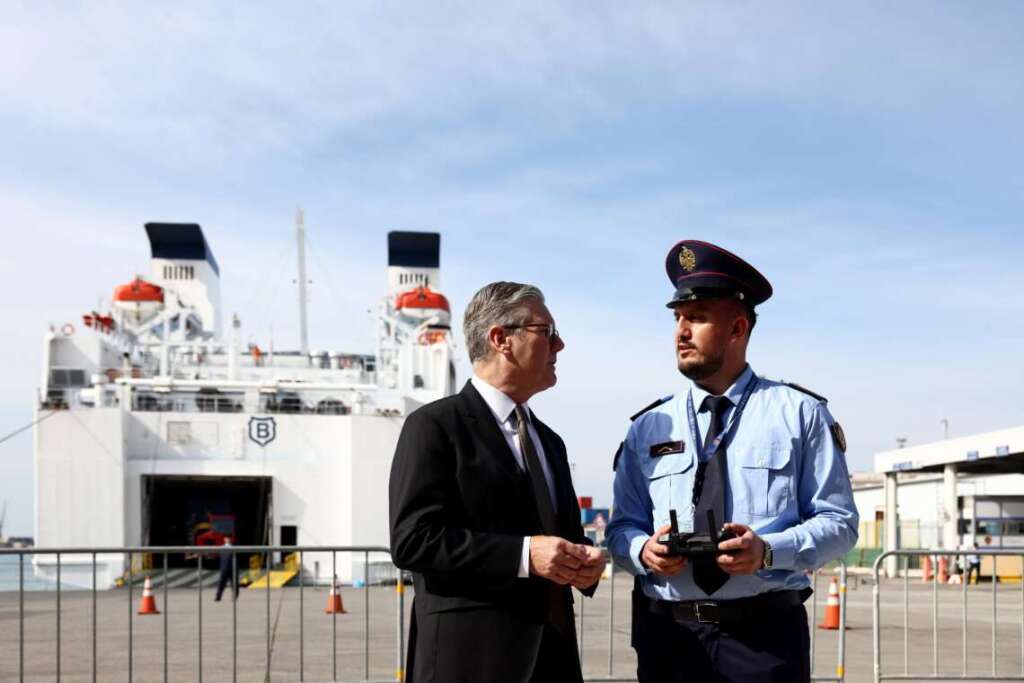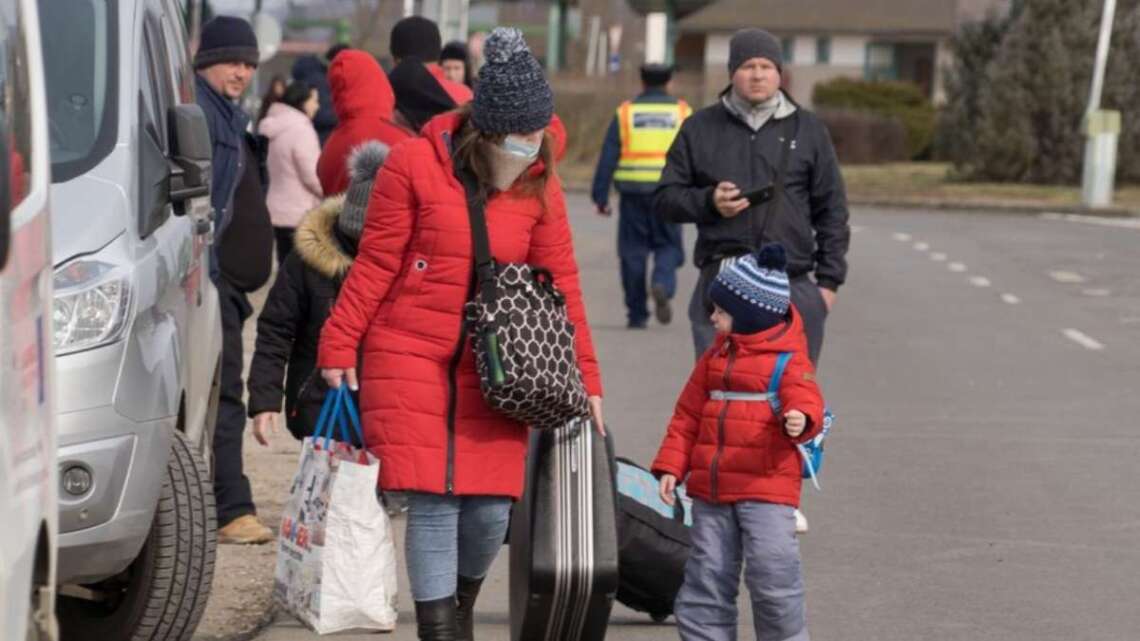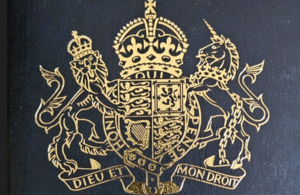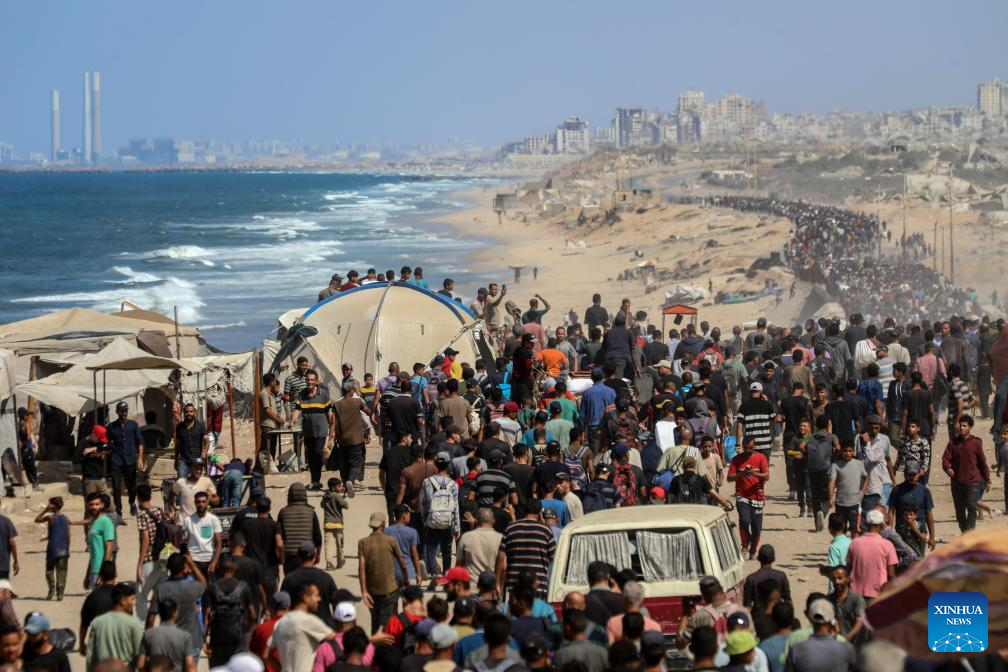UK Cuts Asylum Hotel Spending by a Third, but Challenges Persist
The UK government slashed its hotel accommodation costs for asylum seekers by nearly a third over the past financial year, according to newly released Home Office figures. From April 2024 to March 2025, spending fell to £2.1 billion—down from £3 billion the previous year. That equates to roughly £5.77 million per day, a significant drop from £8.3 million.
According to BBC reports, the savings were largely driven by reduced nightly rates and increased room sharing, after the government pushed for cheaper accommodation options. The average cost per person per night dropped from £162.16 in March 2023 to £118.87 by March 2025.
Despite these savings, concerns remain about the sustainability of the approach. Dr Peter Walsh of Oxford University’s Migration Observatory warned that the recent surge in small boat arrivals could reverse the trend. “I don’t think hotels are going away anytime soon based on current trends,” he said.
Hotel accommodation continues to be used when no alternative housing is available. The government, however, remains committed to ending its use by the close of this Parliament.
As of March 2025, 32,345 people were being housed in asylum hotels—an increase from 29,585 in June 2024, although still lower than December’s peak. A senior Home Office official said the reduction in costs stemmed mainly from moving many asylum seekers—particularly families and children—into cheaper, non-hotel housing such as local homes and Houses in Multiple Occupation (HMOs), often arranged via contracts with providers like Serco.
Room-sharing policies also contributed to savings. Though the exact number of people sharing rooms isn’t publicly confirmed, Home Office minister Angela Eagle previously stated that “people can double up or treble up” when space allows.
The number of hotels in use dropped from 273 in March 2024 to 202 by March 2025, a reduction of 71 facilities.
Not all government asylum initiatives have fared as well. The Home Office wrote off £48.5 million in public funds after the Labour government cancelled the Conservative plan to use RAF Scampton in Lincolnshire to house asylum seekers. A department source noted that the site, even if completed, would have been costlier than hotels.
Additionally, the UK has forfeited £270 million previously paid to Rwanda as part of the Conservative Party’s now-defunct asylum transfer scheme. Only four individuals were voluntarily relocated before the Labour government axed the programme. According to BBC News, the Rwandan government has asserted it is under no obligation to return the money.

Syria Claims Back in Play
The UK government has resumed processing asylum applications from Syrian nationals, ending a pause of more than seven months triggered by regime change in Syria. The Home Office confirmed the move this week, stating it now has “sufficient information to make accurate and well-evidenced determinations” following the fall of President Bashar al-Assad in December.
The pause, introduced in response to the power shift to the militant group Hayat Tahrir al-Sham (HTS), had left over 7,000 Syrian asylum seekers in limbo. Most were living in government-funded accommodation, such as hotels, and were unable to work or move forward with permanent settlement.
Asylum Minister Dame Angela Eagle acknowledged the delay but said updated guidance now enables decisions and potential returns to be made. “The pause was necessary while we lacked reliable, objective information to assess risk,” she said in a written statement.
According to BBC News, more than 20 Syrians have already voluntarily returned to their home country this year. Ministers hope the first enforced returns could happen by the end of 2025.
The Home Office guidance clarifies that a general breakdown in law and order is not enough to warrant asylum. It insists that applicants must prove a personal risk of persecution or serious harm. The document also outlines that while some groups—such as Alawites and Kurds in certain areas—may face risk, others like Christians, Druze, and Shia Muslims are “unlikely” to face harm from the state under current conditions.
The updated position follows a behind-the-scenes risk assessment led jointly by the Home Office and the Foreign Office. It came after Foreign Secretary David Lammy became the first UK minister to visit Syria in over a decade, meeting interim president Ahmad al-Sharaa earlier this month.
The move aligns the UK more closely with some European nations, such as Austria, which have already resumed processing Syrian claims and begun deportations. A senior Home Office source told the BBC there were concerns that failing to act could make the UK appear a “magnet” for Syrian asylum seekers.
Enver Solomon, CEO of the Refugee Council, welcomed the resumption of processing but cautioned against rushed returns. “Each case must be treated individually, ensuring the safety of those who would face serious danger if sent back,” he said.
The UK has also been slowly lifting sanctions on Syria, further signalling a shift in official policy.













